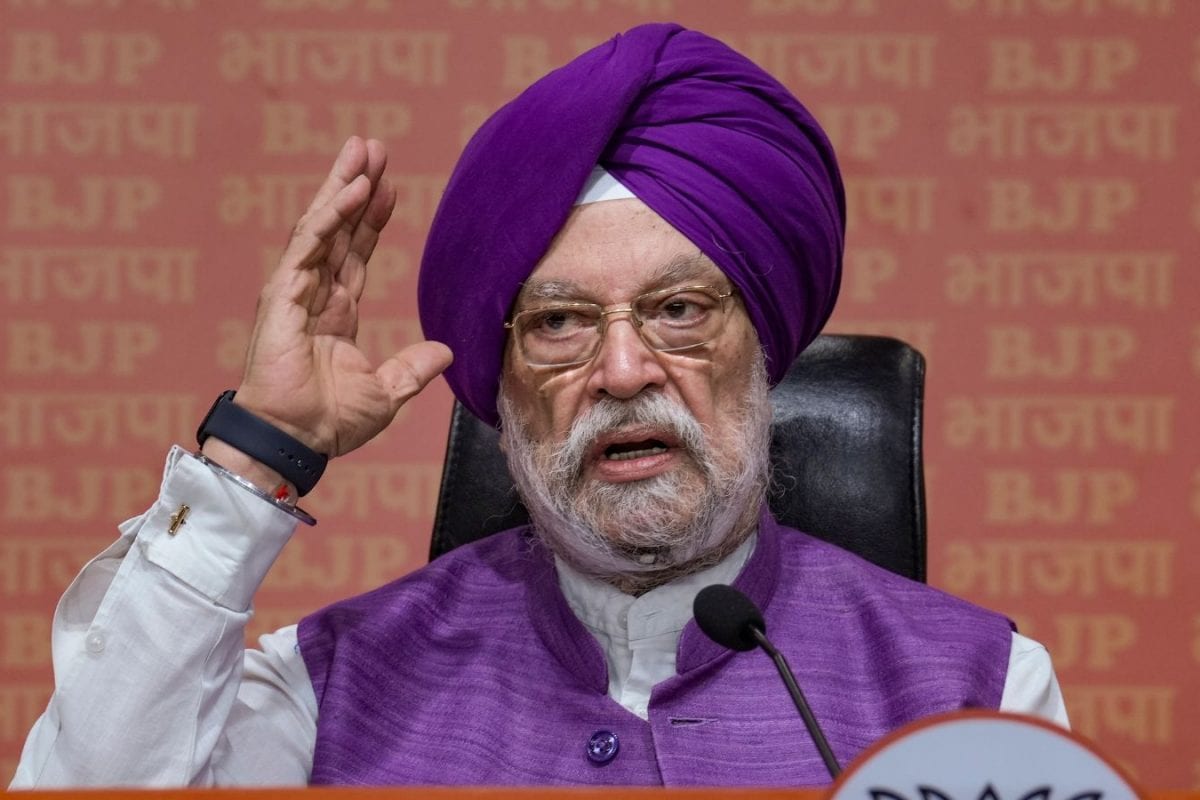

India's strategic decision to procure discounted crude oil from various sources, including Russia, has significantly contributed to stabilizing global energy markets, according to Union Minister for Petroleum and Natural Gas, Hardeep Singh Puri. Speaking at the 9th OPEC International Seminar in Vienna, Puri emphasized that India's approach has been a net positive for global energy stability, balancing availability, affordability, and sustainability.
Following the onset of the Ukraine war in February 2022, India significantly increased its oil imports from Russia, taking advantage of the steep discounts offered due to Western sanctions and reduced demand from European nations. This move marked a shift from India's traditional reliance on Middle Eastern suppliers. Puri clarified that these purchases complied with global frameworks, as the Russian oil was never under global sanctions, but rather a price cap mechanism was applied by Western nations.
Puri highlighted that halting oil trade from Russia, which produces over 9 million barrels of crude daily (nearly 10% of global supply), would have caused a global supply shock, potentially driving crude prices to as high as USD 120-130 per barrel. He argued that such a scenario would have forced the world to drastically reduce consumption, leading to chaos in the international energy market. "Sensible decision-makers recognised global oil supply realities. India's choice to buy discounted oil under the cap helped global markets," Puri stated.
India's commitment is to ensure that energy is available round the clock in the most affordable manner, while also transitioning to green energy. The country is open to both long-term and spot deals with oil-producing countries, floating tenders at the point of importation to secure the most economically priced energy. India has been diversifying its sources of crude oil. Previously buying from 27 countries, it is now purchasing from 40.
Moreover, India is making significant strides in providing clean cooking fuel to its citizens. Clean cooking fuel is being provided to 330 million households at one of the world's lowest prices, including beneficiaries of the PM Ujjwala Yojana, who receive LPG at just $0.4 per kg.
In addition to securing affordable energy, India is also focused on expanding its domestic oil and gas exploration efforts. Under OALP Round-10, India is targeting the exploration of nearly 2.5 lakh sq. km of onshore and offshore areas. The country aims to increase the share of natural gas in its energy mix from 6% to 15%, offering substantial scope for international technology collaboration.